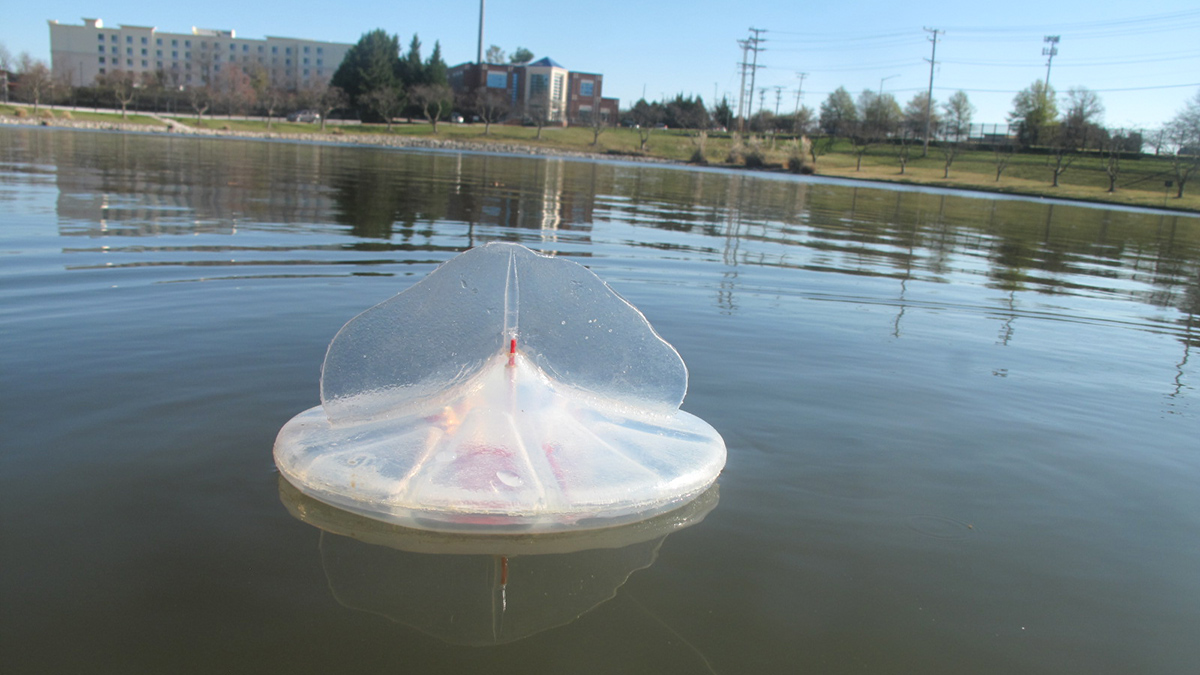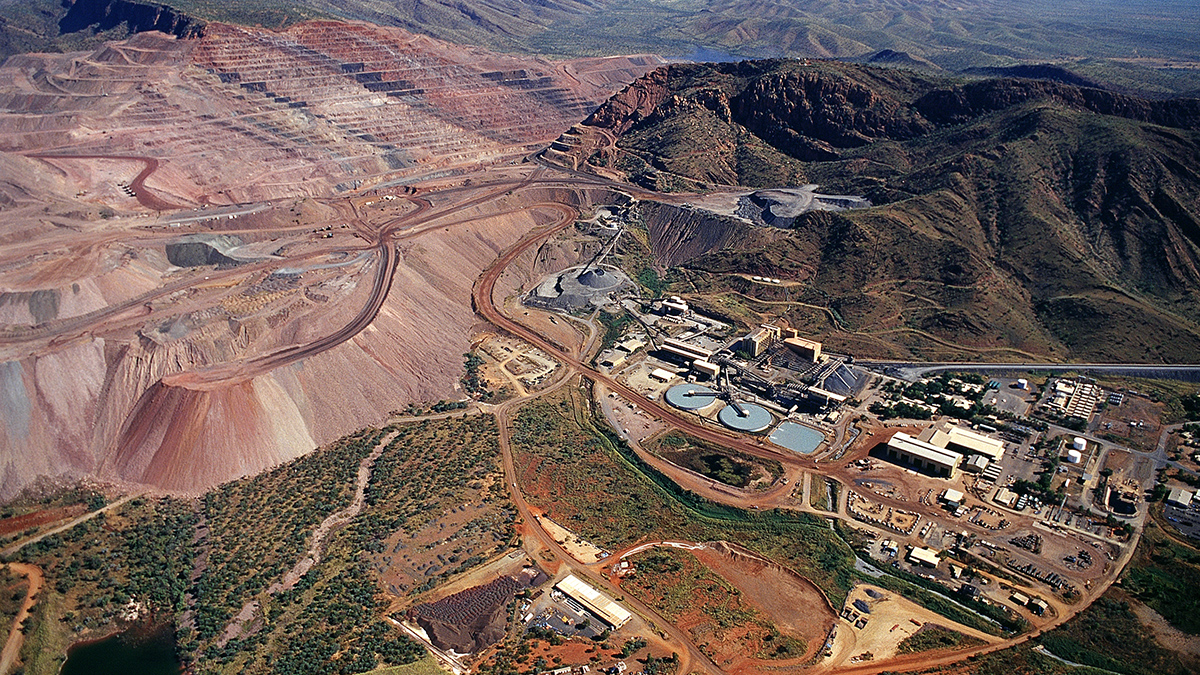Tree rings hint that two neighboring faults ruptured within 6 months of each other and suggest that the maximum magnitude of quakes around Puget Sound could exceed previous estimates.
News
Ham Radios Crowdsourced Ionospheric Science During Eclipse
Amateur radio operators who study space physics and the upper atmosphere probed the ionosphere’s response to the 2023 annular solar eclipse using shortwave transmissions.
Biodegradable Sensors Could Explore the Seas More Sustainably
Researchers are developing environmentally friendly instruments to monitor the oceans.
Popping Bubbles Make Glaciers Melt Faster
Accounting for the newfound bubble effect could improve estimates of how sea-terminating glaciers melt underwater—and better anticipate their shrinkage as oceans warm.
Dust Is Melting Snow—And Current Models Can’t Keep Up
Mountain snowpack melts quicker when coated in dust. This cyclical problem is forcing water forecasts to evolve.
Arctic Warming Triggers Abrupt Ecosystem Shift in North America’s Deepest Lake
Great Slave Lake’s huge cold water mass shielded it from impacts of the rapidly warming climate—until now.
Rates of Groundwater Depletion in India Could Triple by Midcentury
Climate change is contributing to crop stress associated with a growing demand for freshwater.
Continental Breakup Shot Pink Diamonds to Earth’s Surface
What was once the world’s most prolific pink diamond mine has always been an anomaly. New research suggests that the end of an ancient supercontinent helped rocket its precious gems to the surface.
Crowdsourced Science Pulls Off a Daring WWII Data Rescue
Newly declassified documents are making wartime weather observations in the Pacific Theater more robust, and could improve climate models today.
Rainfall from Tropical Storms Might Be on the Downswing
Two decades’ worth of satellite data suggest that the rainfall rates of tropical cyclones might be decreasing relative to background levels.










